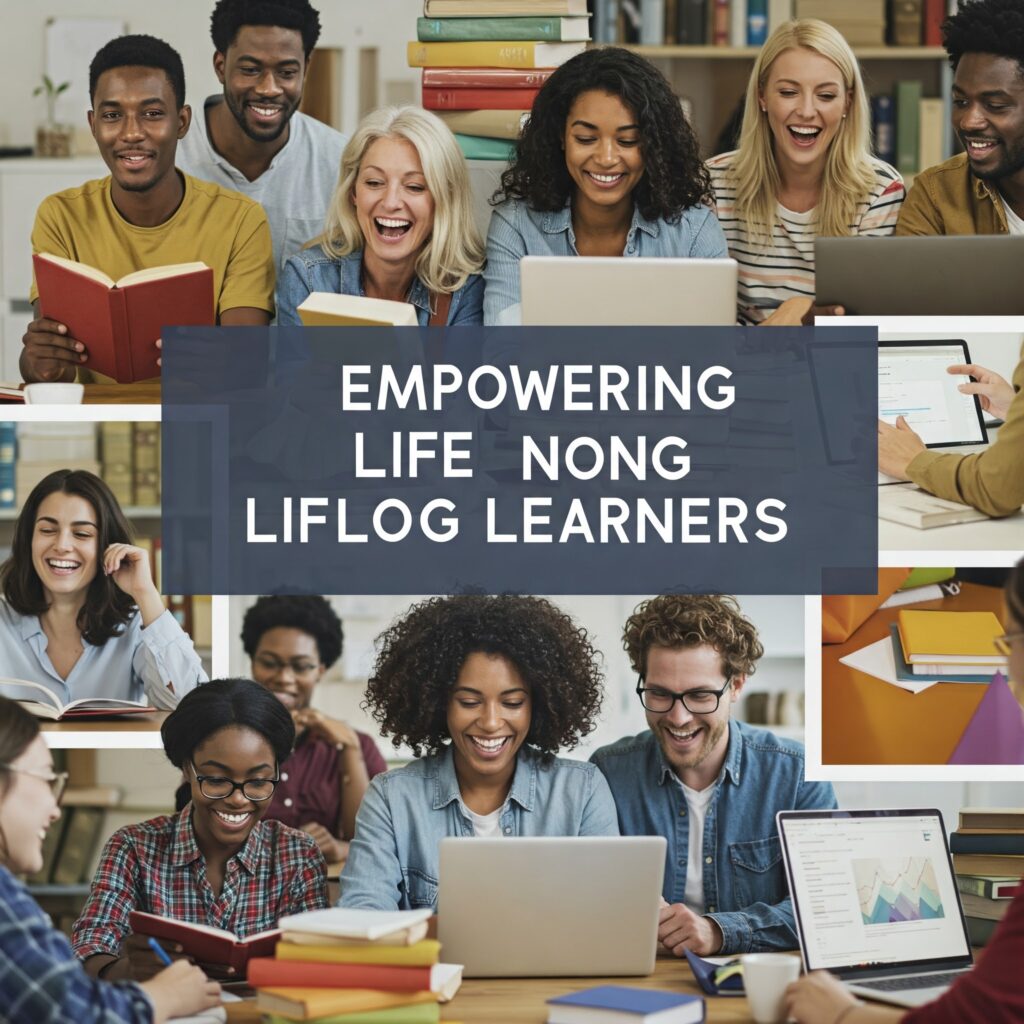In the journey of learning, access to the right resources and guidance can make all the difference. Whether you’re a student, parent, or educator, utilizing the best educational tools and strategies can enhance understanding, boost performance, and inspire curiosity. This blog explores valuable resources and practical tips that support holistic and effective learning.
1. Online Learning Platforms
With the rise of digital education, platforms like Khan Academy, Coursera, Byju’s, and edX offer free and affordable courses across subjects and levels. These platforms provide:
Video tutorials and interactive lessons
Practice exercises and quizzes
Certificate courses for skill development
2. Mobile Apps for On-the-Go Learning
Educational apps bring learning to your fingertips. Apps like Duolingo (languages), Photomath (math help), and Quizlet (flashcards) make studying more engaging and accessible anytime, anywhere.
3. Books and eBooks
Reading remains one of the most powerful ways to learn. Encourage students to read academic and non-academic books to broaden their knowledge and vocabulary. Many classic and academic texts are available for free as eBooks or through public libraries.
4. Tips for Effective Learning
Create a Study Schedule: Consistency and time management enhance productivity.
Use Active Learning Techniques: Summarize, teach someone else, and ask questions.
Take Regular Breaks: Short breaks during study sessions improve focus and retention.
Set Realistic Goals: Break tasks into smaller, achievable parts.
Stay Organized: Keep notes, assignments, and deadlines in order.
5. Parental Support and Involvement
Parents play a crucial role in a child’s educational journey. They can support learning by:
Creating a conducive study environment at home
Encouraging curiosity and asking open-ended questions
Monitoring screen time and online safety
6. Teacher Resources and Tools
Educators can benefit from tools like Google Classroom, Canva for Education, and Zoom for interactive teaching. Sharing best practices, lesson plans, and engaging activities can enhance classroom effectiveness and student involvement.
7. Emotional and Mental Wellness in Learning
A healthy mind is key to effective learning. Encourage practices like journaling, meditation, and physical activity to help students manage stress and maintain emotional balance.
Conclusion
With the right mix of resources and strategies, learning can become a fulfilling and empowering experience. Whether it’s through digital tools, hands-on activities, or simple daily habits, every learner has the potential to grow. Let’s embrace a culture of curiosity, support, and continuous improvement for a brighter educational future.
